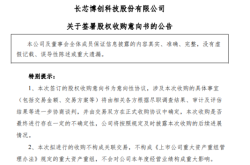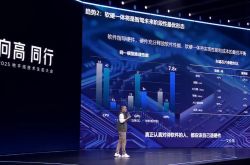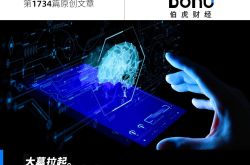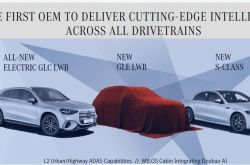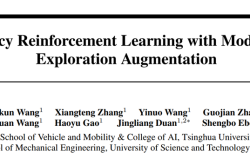A statement has sparked heated debate: Who is the real Li Kui between Beijing Automotive Manufacturing Plant and BAIC Group?
![]() 06/11 2024
06/11 2024
![]() 811
811
Recently, a "clarification statement" suddenly issued by BAIC Group has caused a stir in the automotive industry. The statement emphasized that the historical "Beijing Automotive Manufacturing Plant" and products such as the "Beijing" brand BJ212 are all witnesses to the glorious development history of BAIC Group over 60 years, while BAIC Manufacturing, namely Beijing Automotive Manufacturing Plant Co., Ltd. (BAW), has no relationship with BAIC Group (BAIC). Based on one-sided information from this statement, many onlookers are likely to be confused.
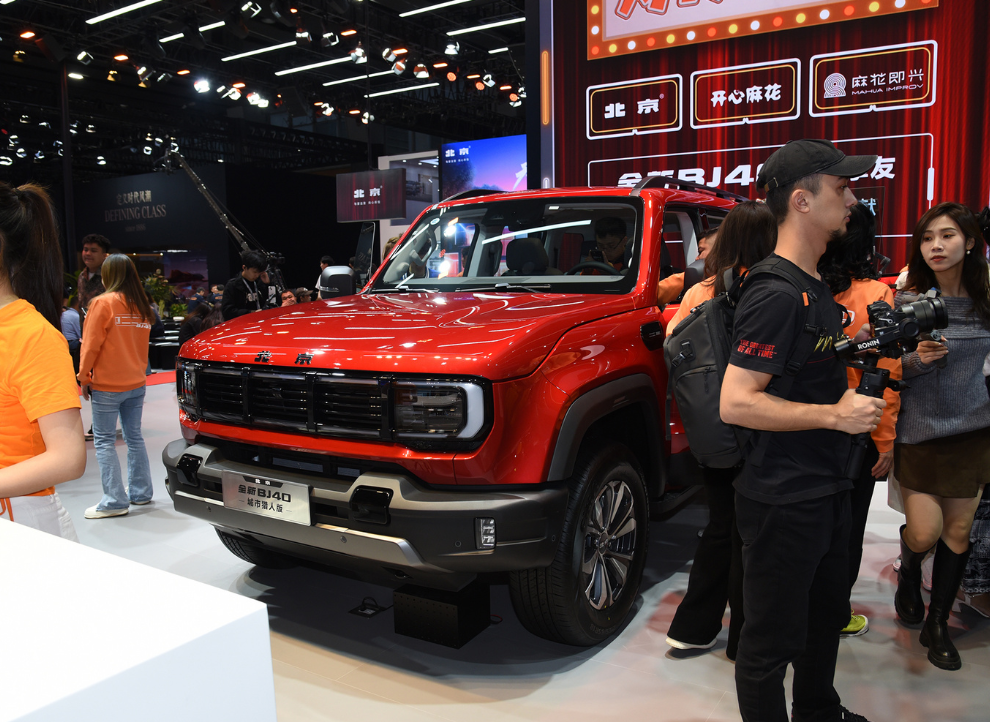

BAIC, full name Beijing Automotive Group Co., Ltd., is a state-owned listed enterprise affiliated with Beijing and one of the top 500 enterprises in China. It owns independent brands such as BJ, BAIC New Energy, and BAIC Foton, as well as joint venture companies such as Beijing Hyundai and Beijing Benz. Beijing Automotive Manufacturing Plant, a private enterprise mainly headquartered in Qingdao, Shandong, mainly produces off-road vehicles, MPVs, and micro electric vehicles. It is a famous private enterprise in Shandong and a subsidiary of Weiqiao Group, the aluminum industry giant. Just like the "clarification statement" issued by BAIC Group, the two currently have no relationship.
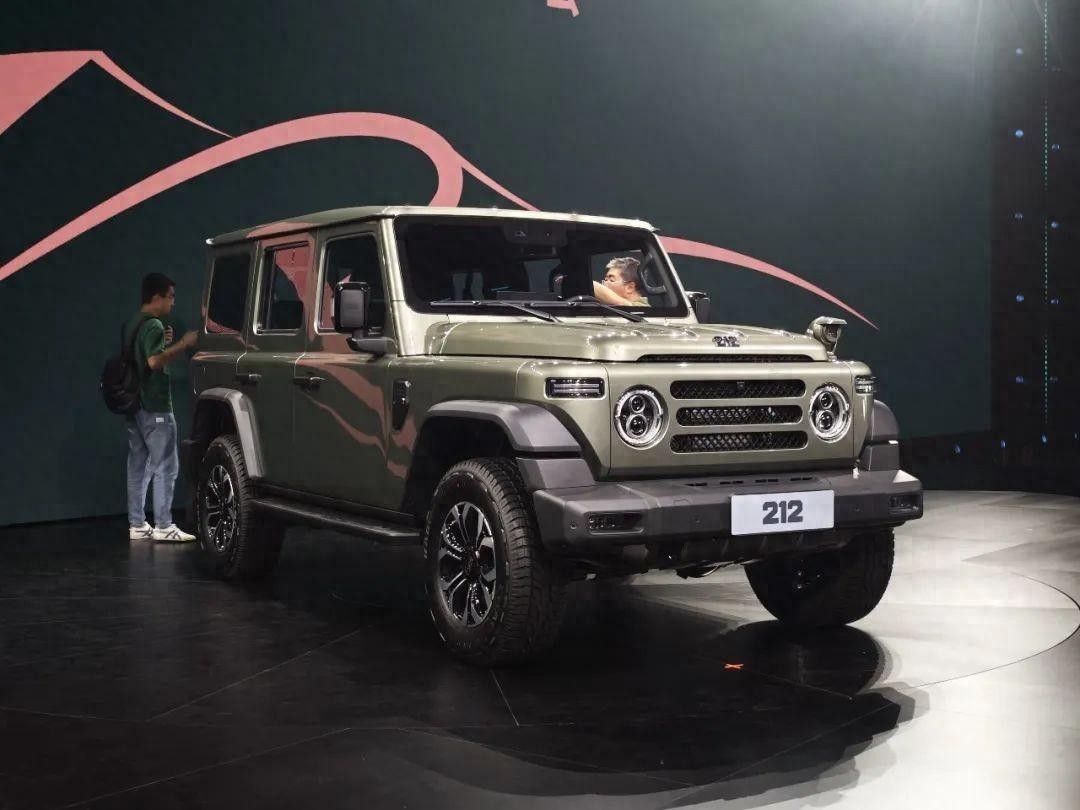

So why did BAIC Group make such a "statement" in such a way? The reason is that on June 6, 2024, Beijing Automotive Manufacturing Plant held a 212 brand launch event themed "From 212 to 212" at the Beijing Yanqi Lake International Convention and Exhibition Center, officially upgrading 212 from a single model to a brand. It is found that 212 originated from the famous off-road military vehicle BJ212. Since its production in 1966, it has accumulated sales of over 2 million vehicles and enjoys a high reputation in the off-road community. Just one day after the brand launch event, BAIC issued a "statement" emphasizing the differences between the two. Who is right and who is wrong? Which is Li Kui and which is Li Gui?
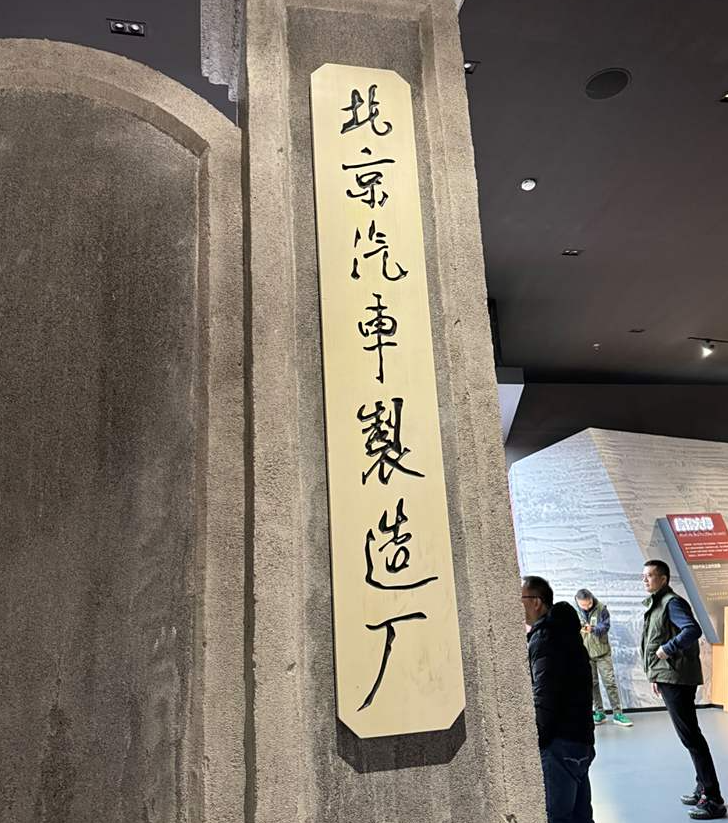
In fact, before 1973, the current BAIC Group and Beijing Automotive Manufacturing Plant were actually the same company. After 1973, Beijing Automotive Industry Corporation, the predecessor of BAIC Group, was established, making Beijing Automotive Manufacturing Plant its subordinate unit. After several twists and turns, after 2015, Beijing Automotive Manufacturing Plant separated from BAIC Group. In 2020, it was acquired by Fulu Group, a private enterprise in Shandong that produces elderly scooters, and then sold to the current Weiqiao Group.
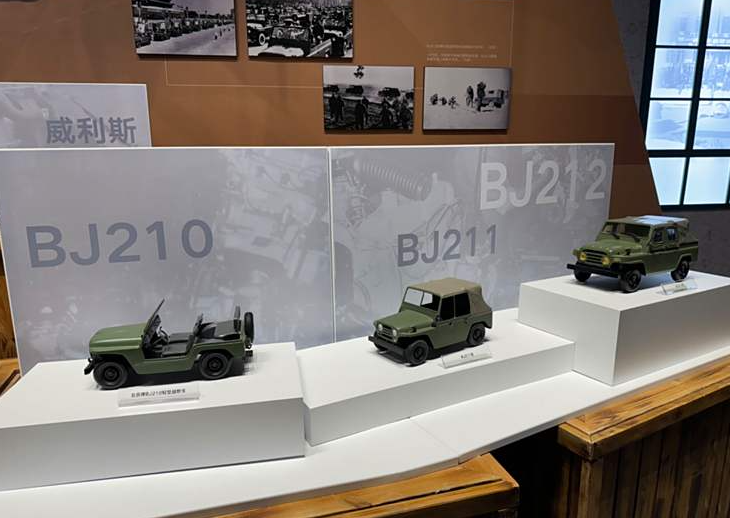
According to many industry insiders, it is true that the current BAIC Group and Beijing Automotive Manufacturing Plant share the same long history. However, if analyzed from the perspective of orthodox lineage, the 212 series undoubtedly belongs to the current Beijing Automotive Manufacturing Plant. Therefore, there is nothing inappropriate about Beijing Automotive Manufacturing Plant releasing the 212 brand. BAIC Group's "statement" is arrogant, ignoring or even overlooking the history of Beijing Automotive Manufacturing Plant. This move is obviously unfair, and emphasizing its "private enterprise" status also has some metaphorical implications of belittling itself. Regardless of the product quality of the 212 brand, BAIC Group's own product quality and sales performance are also average, and they are no longer on the same level as private enterprises such as BYD and Geely. So who is Li Kui and who is Li Gui is obvious.
Final Thoughts:
How competitive is BAIC Group? In terms of independent brands, BAIC Off-Road, which belongs to the BJ series, is still acceptable, while BAIC New Energy is a mess. BAIC Foton, which is positioned as a commercial vehicle, is a good asset. In terms of joint ventures, compared to Beijing Hyundai, which has little hope of recovery, Beijing Benz is like a money tree. These are all that BAIC Group has. Overall, BAIC Group has no outstanding performance in independent brand passenger car products, and this statement itself also has flaws. It is understandable to急于与拥有相同悠久历史的北京汽车制造厂撇清关系, but emphasizing its private enterprise status and worrying about its quality cannot add luster to itself.
(This article is originally produced by the new media editorial department of [Chejie]. The sales data mentioned in this article are derived from industry comprehensive sales data released by the China Passenger Car Association or third-party platforms. Some images are sourced from the internet. The data and related information marked with sources are all quoted. Please refer to official information for details. The author of this article is Lan Zhan, and personal opinions are for reference only.)

